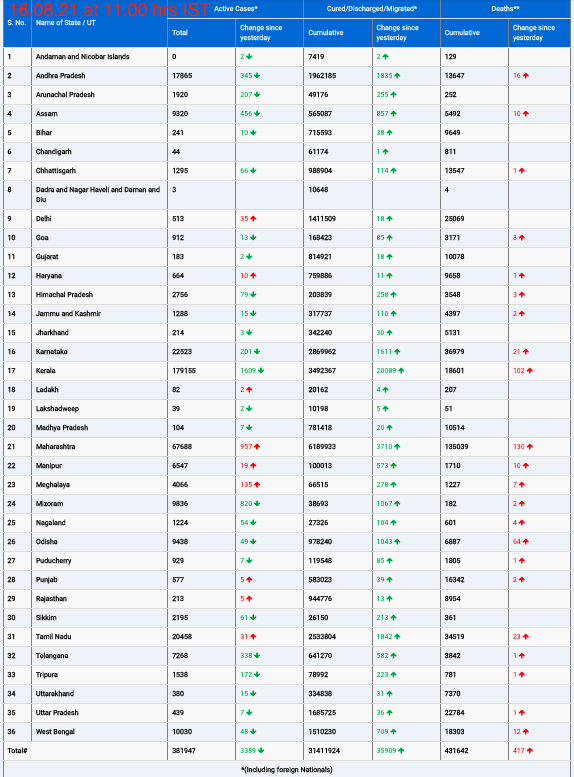New research reveals that the nature and timing of friendships during adolescence play a key role in shaping adult well-being.
Being a teenager is often seen as a challenging phase, marked by confusion, rapid change, and emotional turmoil. However, new findings suggest that the friendships teenagers form during this time are not just a social experience but a critical foundation for their well-being in adulthood. A study published in Frontiers in Developmental Psychology has uncovered the importance of different types of teenage friendships and how they impact well-being later in life.
Early vs. Late Teenage Friendships
The study, led by Emily Shah of the University of Arkansas, emphasizes that both the type of friendships teenagers experience and the timing of those friendships are crucial. According to Shah, “A teen’s perception of how broadly socially accepted they are by their peers in early adolescence is particularly influential in predicting adult well-being.” In contrast, during late adolescence, the quality of close, intimate friendships becomes a more significant predictor of future well-being.
These findings were derived from a longitudinal study of 184 participants, who were first surveyed as middle school students at ages 13-14 and then again as older teenagers at 17-18. The researchers followed up with the participants in their late twenties to evaluate their physical and mental health, job satisfaction, romantic relationships, and experiences of aggression.
The Importance of Social Acceptance
The study found that perceived social acceptance during early adolescence had a strong link to adult well-being. Teenagers who felt accepted by their peers were more likely to experience lower levels of social anxiety and aggression, enjoy better physical health, and report higher satisfaction in their professional and romantic lives.
Interestingly, while teenagers’ self-perception of being liked had a notable impact on their future well-being, the actual likability reported by their peers did not predict adult outcomes as strongly. This highlights that a teenager’s own perception of their social success may be more critical than how others view them.
Close Friendships in Late Adolescence
For older teenagers, close friendships took on a more significant role in predicting adult outcomes. Adolescents who reported high-quality, intimate friendships at ages 17-18 were less likely to experience social anxiety and romantic insecurity and were more likely to feel satisfied with their jobs in adulthood.
The researchers emphasized that timing is key. In early adolescence, feeling accepted by peers appears to mitigate the development of social anxiety and promote better health, while in late adolescence, the strength of close friendships becomes a stronger predictor of positive adult outcomes.
Support for Teenagers
The authors of the study stressed the importance of supporting teenagers as they navigate their social lives. Dr. David Szwedo of James Madison University, corresponding author of the study, noted, “Friendships during the teenage years provide youth with one of their first forays into intimate consensual relationships. These skills are likely to be helpful for forming future friendships and longer-term romantic relationships.”
Shah echoed these sentiments, urging both teens and adults to approach this stage of life with empathy and understanding. “I want teens to know that they aren’t alone,” she said. “It’s not easy being a teenager in this world, and I choose to believe that teens are doing the best they can with the skills they have.”
The Study’s Limitations
While the study provides valuable insights, the researchers also acknowledged its limitations. The participants were not in school during the COVID-19 pandemic, a factor that could have significantly altered their social experiences. Additionally, the findings were largely based on self-reported data, which may benefit from future research incorporating observational measures.
Nevertheless, the study reinforces the need for caregivers and educators to remain engaged with teenagers’ social experiences. “It’s helpful for parents to not only ask about who their teens’ friends are, but also how socially accepted they feel,” Szwedo said.
As the findings suggest, the friendships and social experiences teenagers have today could profoundly shape their future well-being.
More Information
For a deeper dive into the study, see the full article: Adolescent Close Friendships, Self-Perceived Social Acceptance, and Peer-Rated Likeability as Predictors of Well-Being in Young Adulthood, published in Frontiers in Developmental Psychology (2024). DOI: 10.3389/fdpys.2024.1435727











